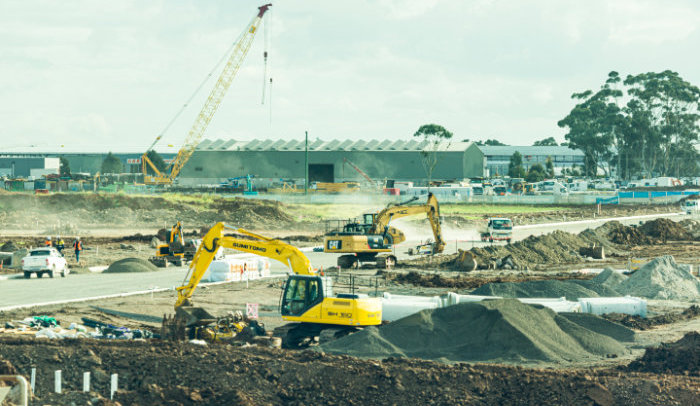A self-driving farm vehicle called the Carbon Robotics Autonomous Laserweeder lasers away weeds and eliminates the need for chemical herbicides. It can work during the day or night. It’s very cool technology.
Meat packing plants are still having trouble finding workers. This does not bode well for meat prices.
Cod may disappear entirely from British and Celtic sea waters due to rising sea temperatures.
The US Treasury plans to use app data to surveil some Americans’ financial activities. Many would argue that this is a spectacular overreach and a violation of the 4th Amendment.
A shortage of nitrogen fertilizer could cause global crop failures. It’s not just the cost of natural gas causing the problem. Hurricane Ida shuttered ammonia plants in Louisiana this summer, halting production. Many are warning of an imminent food crisis. The shortage is anticipated to last well into 2023.
“Stocking up for winter” in China could be a euphemism for “preparing for war with Taiwan et al.” In the same vein, conspicuous mockups of US warships have been spotted in the Taklamakan Desert:
JUST IN 🚨 The Chinese military has built targets in the shape of an American aircraft carrier and other U.S. warships in the Taklamakan desert as part of a new target range complex – Imagery by Maxar pic.twitter.com/6iL1KSQlwR
— Insider Paper (@TheInsiderPaper) November 7, 2021
The US infrastructure bill passes—once signed, monies will be on the way for highways, roads, bridges, city transit systems, rail, and more:
US Congress passes $1tn infrastructure bill, delivering a major domestic victory for President Joe Biden https://t.co/uhCVVVnHRp
— BBC Breaking News (@BBCBreaking) November 6, 2021
The City of Austin, Texas encourages folks to remember the lessons from Storm Uri and get better prepared this year. The city and county, taking the same advice, will prepare for severe weather events in advance this year.
In good news, the US wants to make carbon capture less expensive. The Earthshot Program by the Department of Energy plans to help scale up new technologies to make carbon capture easier and more ubiquitous. The infrastructure bill will help fund it.
The world has had over 251 million COVID cases. The world has gained 3.2 million cases in the last week. There have been nearly 5.1 million deaths in total. The US has a cumulative 47.4 million cases. The US gained about 500,000 cases in the last seven days. Over 775,000 Americans have died during the pandemic—about 9,000 in the last week. The US gained over 40,000 new cases on Sunday, and over 37,000 by late afternoon Monday. The US, Russia, UK, and Turkey have had the largest case gains over the last week.
The WHO has given emergency authorization for India’s Covaxin vaccine in adults. The benefits of its use outweigh the risks. Over 110 million doses have already been given in India.
Japan plans to begin producing Pfizer’s mRNA vaccine in January. Japan currently relies on imports and wishes to bulk up its own vaccine manufacturing base.
Novovax has applied for EUA in multiple countries.
The NIH pushes ahead with Gain of Function (GoF) research in pathogenic viruses despite the lingering questions about the origin of SARS-CoV-2 and any role GoF research could have had in precipitating the current pandemic (which, to be clear, is uncertain and unanswered at this time):
NIH has just lifted ban on gain-of-function (GOF) experiments w/ dangerous viruses including influenza, SARS. 1/10 https://t.co/QBTLOt6bGg
— Carl T. Bergstrom (@CT_Bergstrom) December 20, 2017
Pfizer’s COVID pill regimen cuts risks of hospitalization and death in trials by almost 90%. Pfizer will submit its data to the FDA as soon as it can.


You are reporting the comment """ by on